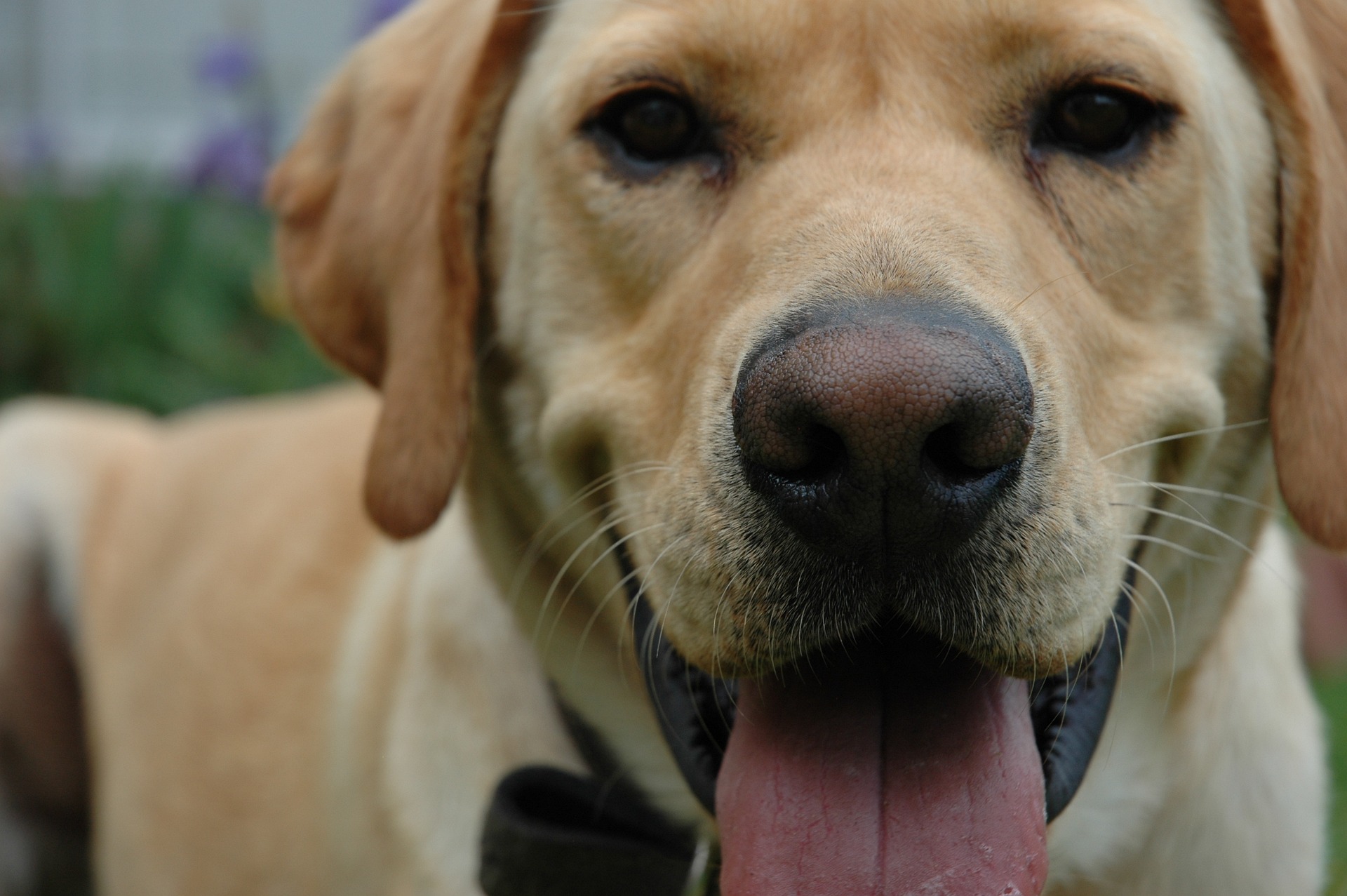You must be over 18 years old, and making this request as the owner, or with the permission of the owner on their behalf.
With the exceptions of routine or non-prescription treatments, we are obliged under Royal College of Veterinary Surgeons (RCVS) guidelines to examine animals who are on prescription medications at regular intervals. These intervals are generally at the discretion of the veterinary surgeon.
We have to perform these examinations to make sure that the medication is still appropriate and safe to continue using with your pet’s condition, and that your pets weight hasn't changed, which may alter the dose.
Excerpt from the current RCVS Code of Conduct:
4.12 To prescribe POM-Vs or veterinary medicinal products under the cascade a veterinary surgeon is required to carry out a clinical assessment of the animal and the animal must be under their care. The terms 'clinical assessment' and 'under…care' are not defined by the VMRs, however the RCVS has interpreted them in the following way.
4.17 Whether a physical examination is necessary for the prescription of POM-Vs or veterinary medicinal products under the cascade is a matter for the veterinary surgeon’s judgement depending on the circumstances of each individual case (please note that the Animals (Scientific Procedures) Act 1986 should be followed where it applies). When deciding whether a physical examination is required, the following factors are relevant, however veterinary surgeons should note this list is not exhaustive:
- a. The health condition(s), or potential health condition(s), being treated and any associated risks
- b. The nature of the medication being prescribed, including any possible risks and side effects
- c. Whether the medication is being prescribed under the cascade
- d. When the animal was last physically examined by a veterinary surgeon, or premises physically inspected in the case of production animals, farmed aquatic animals or game
- e. Whether there is access to the animal’s previous clinical history or, in the case of production animals, farmed aquatic animals and game, knowledge of the health status at the premises
- h. The practicality of a physical examination for individual animals
- j. The overall state of the animal’s health
- k. The impact of any prescription made without physical exam on the ability to gather subsequent diagnostic information
Please click here for the RCVS details in full.

